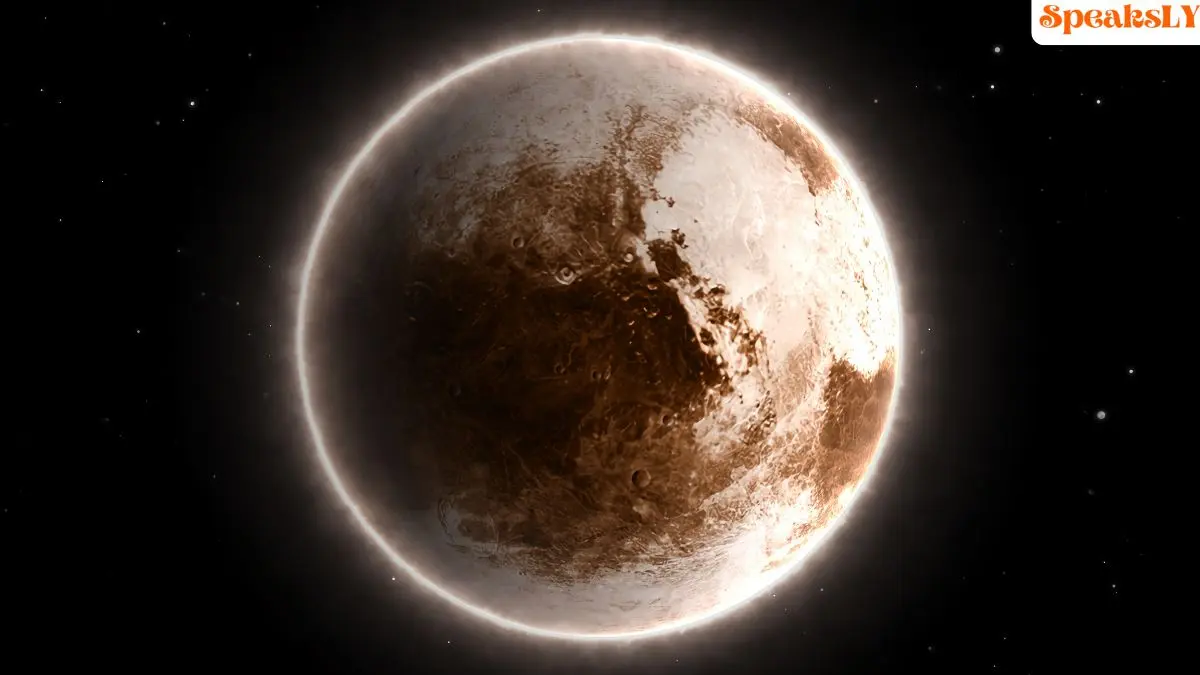Pluto has been at the center of a heated astronomical debate ever since its controversial demotion in 2006 by the International Astronomical Union (IAU). Once celebrated as the ninth planet in our solar system, Pluto was reclassified as a “dwarf planet,” leaving space enthusiasts and scientists divided. But with ongoing discoveries and deeper explorations, is it time to rethink our definition of what makes a planet?
The 2006 Pluto Demotion
In 2006, the IAU redefined the criteria for a planet, which Pluto no longer met. A planet, according to the new rules, must clear its orbit — meaning it needs enough gravitational force to sweep away other objects in its path. Pluto, located in the Kuiper Belt, shares its orbit with numerous icy bodies, and thus, was reclassified as a dwarf planet.
This decision sparked significant controversy. Pluto, after all, had been part of our solar system’s planetary lineup for over 75 years. The redefinition led to questions about whether we were too quick to dismiss Pluto’s planetary status. Was the IAU’s decision too strict? Should a new classification system be considered that allows Pluto back into the planetary fold?
Pluto’s Scientific Intrigue
Despite its demotion, Pluto continues to fascinate scientists. NASA’s 2015 New Horizons mission revealed that Pluto is far from the cold, dead world it was once presumed to be. The spacecraft’s flyby showed stunning landscapes, including towering mountains made of water ice, flowing glaciers of nitrogen, and evidence of a dynamic geology fueled by internal heat. These discoveries hint that Pluto, though small, might have more in common with the larger planets than previously thought.
One of Pluto’s most striking features is its atmosphere. Despite its tiny size and distance from the Sun, Pluto boasts a surprisingly complex atmosphere, composed primarily of nitrogen, with traces of methane and carbon monoxide. The discovery of this atmosphere challenges previous assumptions that Pluto was too weak to hold onto such gases.
Should Pluto Be a Planet Again?
Supporters of Pluto’s planetary status argue that the IAU’s definition is too narrow. They point out that Pluto’s geology and atmospheric dynamics are just as complex as those of recognized planets. Some scientists propose that the definition of a planet should focus more on an object’s intrinsic properties, such as its round shape and geological activity, rather than its ability to clear its orbit.
Opponents, however, maintain that a clear distinction is necessary to avoid classifying too many small celestial bodies as planets. They argue that the current system, though imperfect, provides a clear framework for categorizing objects in our solar system.
The Future of Planetary Classification
As we continue to explore the outer reaches of our solar system, the debate over Pluto’s planetary status is unlikely to fade. New discoveries could eventually prompt the IAU to revisit its definition of a planet. For now, Pluto remains a dwarf planet, but its allure continues to captivate astronomers and the public alike.






